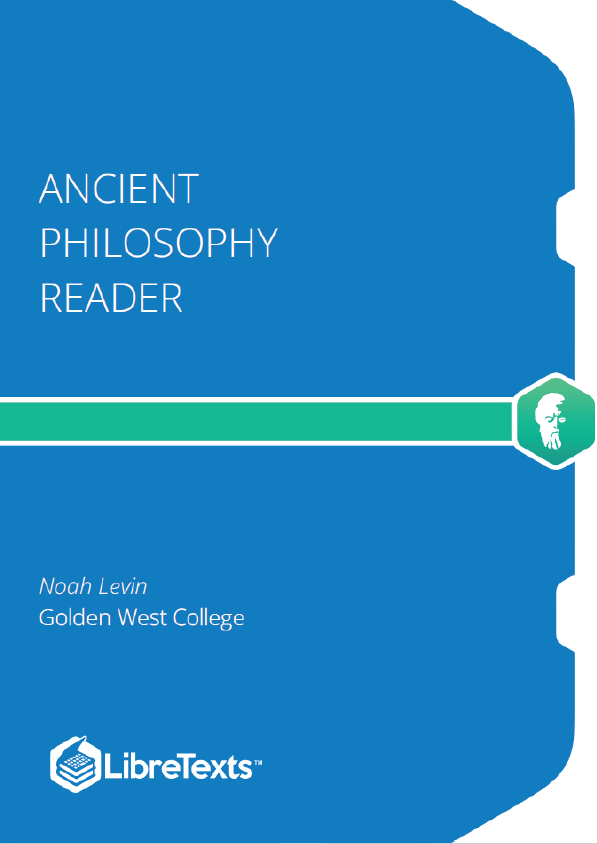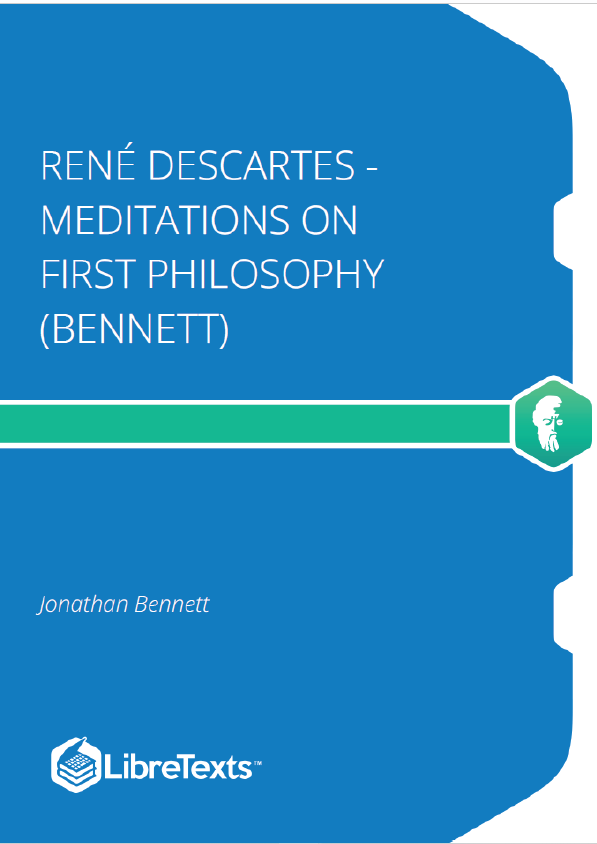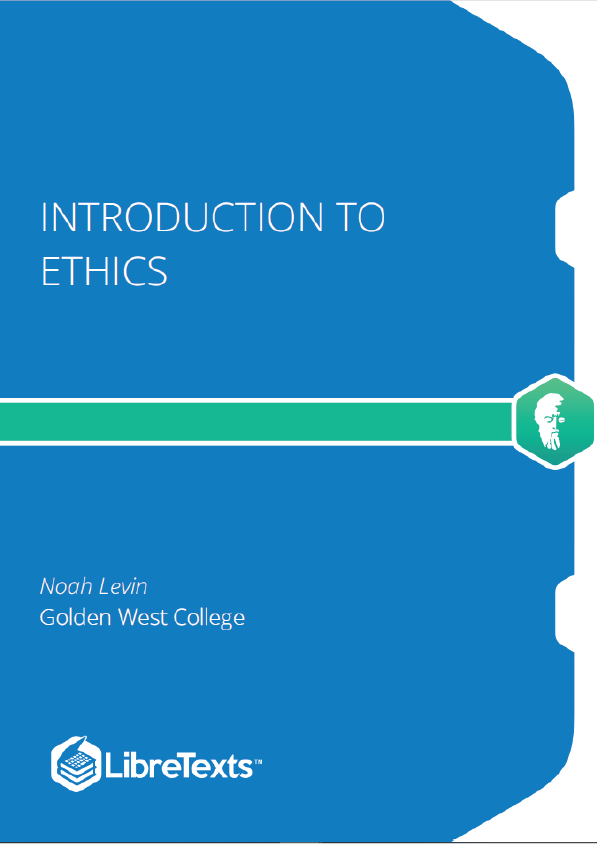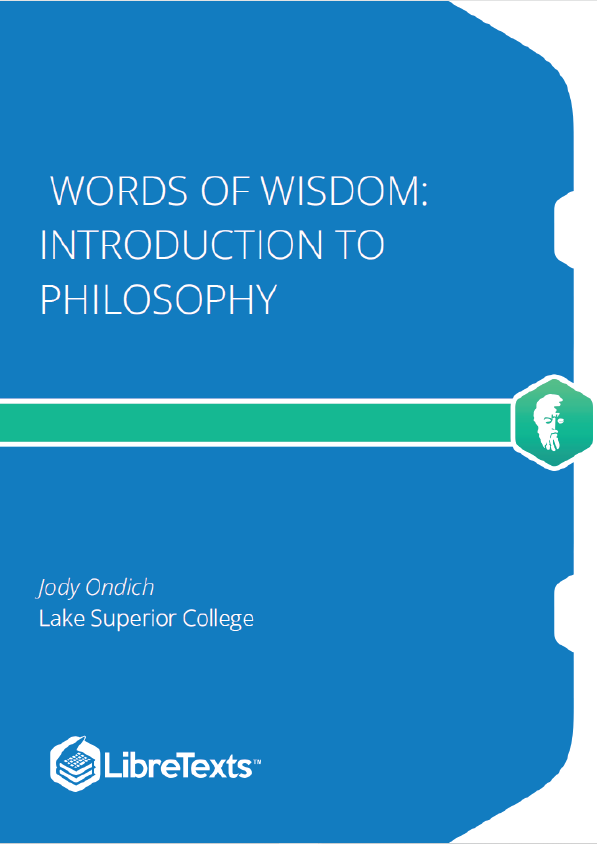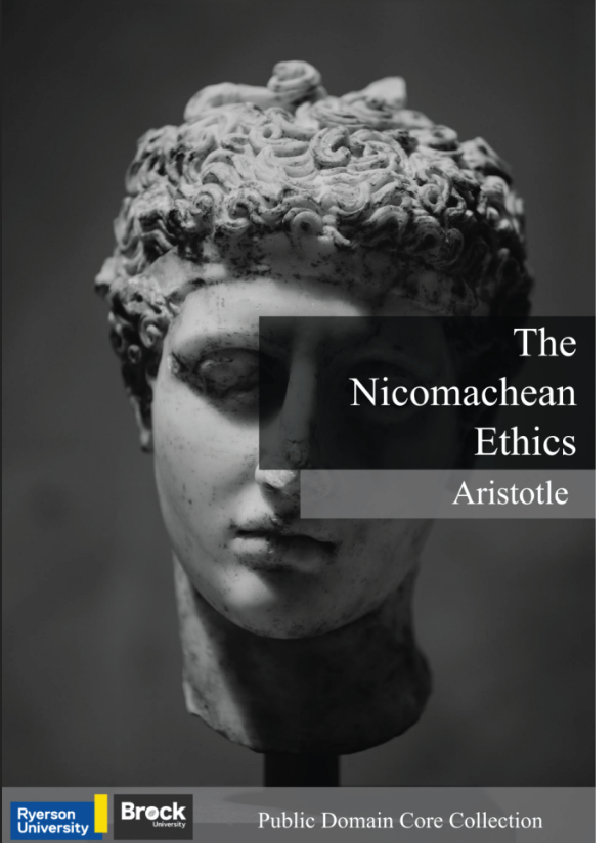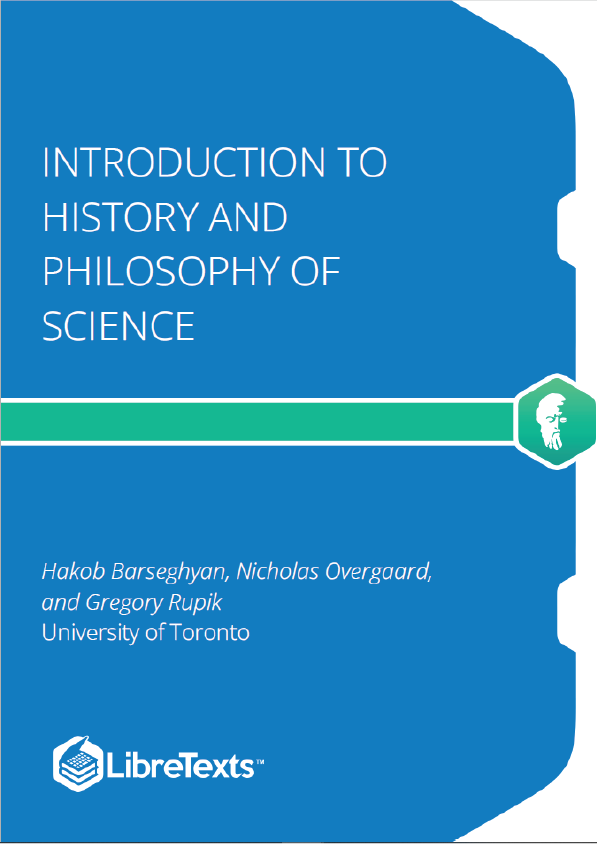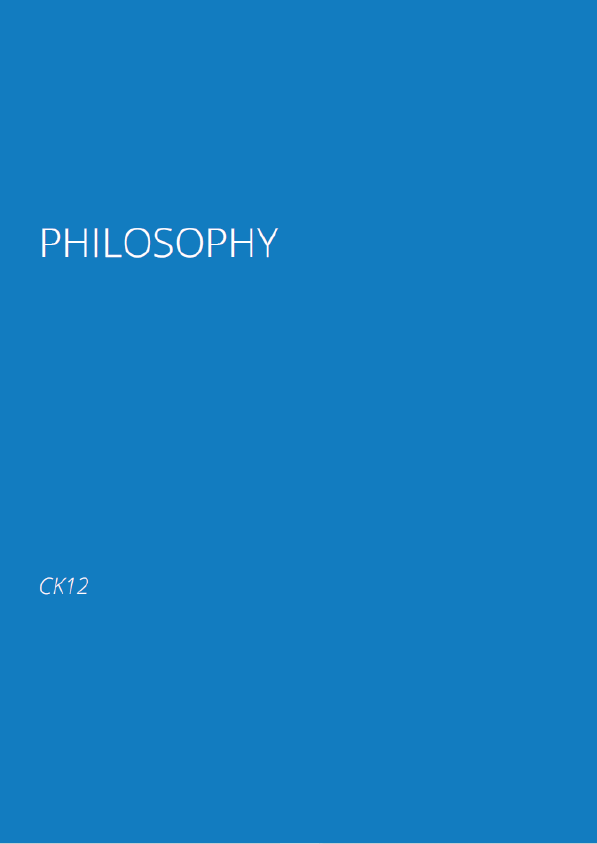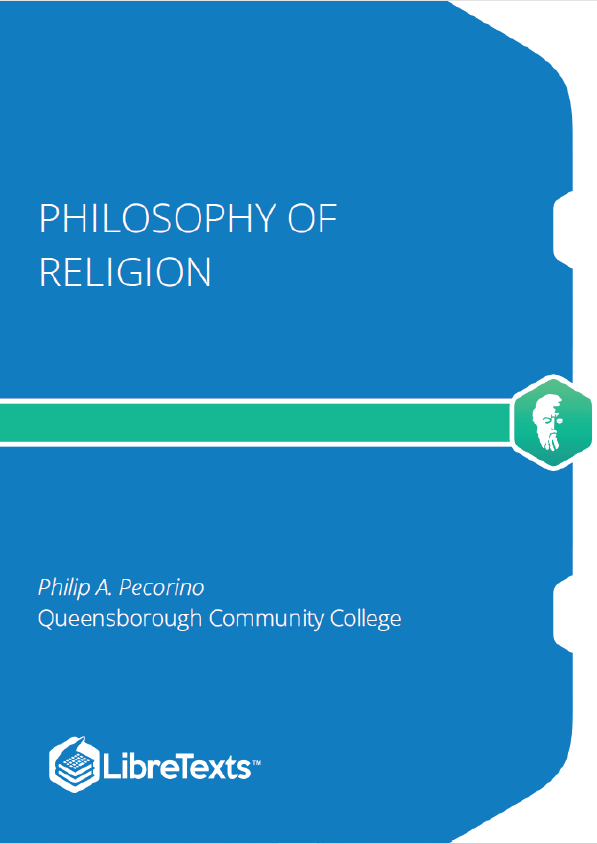The Start of Western Philosophy and the Pre-Socratics
The great Socrates was so seminal in the development of Western Philosophy that all who come before him are collectively referred to as the “Pre-Socratics.” It is with these Pre-Socratics that this work will begin. Socrates’ intellectual grandson, Aristotle, marks another pivotal moment when all that come after him are called “Post-Aristotelian.” The one linking the two, Plato, is unparalleled in contributions to Philosophy. It is thus that the bulk of this course will cover the philosophies of Socrates, Plato, and Aristotle, while paying heed to those that came before and those that came after. The great 20 century English Philosopher Alfred North Whitehead once remarked, “The safest general characterization of the European philosophical tradition is that it consists of a series of footnotes to Plato.” I first heard this summarized to me as, “if it’s worth saying, Plato has already said it.” Of course, saying “Plato” here really means either Plato or Socrates, as Socrates never wrote anything for himself, since it wasn’t his purpose in life. Plato wrote it all down for him, and then added upon it with his own thoughts and works. Details on how this all came about will be presented in the appropriate chapters. This said, Socrates would not have been possible without the path that was blazed by his predecessors. Their works survive only in fragments and cover many different ideas, and are bizarre, fascinating, confusing, and enlightening.
As you enter this textbook, remember two of the greatest quotes from Socrates, “I am the wisest man alive, for I know one thing, and that is that I know nothing” and “the unexamined life is not worth living.”
Introduction to Philosophy and the Ship of Theseus
I have chosen to begin this book with a thought experiment to get the reader’s appetite up for the projects of the Ancient Philosophers. What follows below is a topic that is still discussed to this day, as its many potential resolutions each have some solid reasoning to back up their acceptance. When I think that this philosophical problem of identity was widely known and discussed in places such as Ancient Athens, I am full of respectful awe at the fact that such intellectual interchanges supposedly occurred with regularity as a part of social discourse for the betterment of all.
According to the philosophical system of Aristotle and his followers, four causes or reasons describe a thing; these causes can be analyzed to get to a solution to the paradox. The formal cause or ‘form’ (perhaps best parsed as the cause of an object’s form or of its having that form) is the design of a thing, while the material cause is the matter of which the thing is made. Another of Aristotle’s causes is the ‘end’ or final cause, which is the intended purpose of a thing. The ship of Theseus would have the same ends, those being, mythically, transporting Theseus, and politically, convincing the Athenians that Theseus was once a living person, though its material cause would change with time. The efficient cause is how and by whom a thing is made, for example, how artisans fabricate and assemble something; in the case of the ship of Theseus, the workers who built the ship in the first place could have used the same tools and techniques to replace the planks in the ship.
